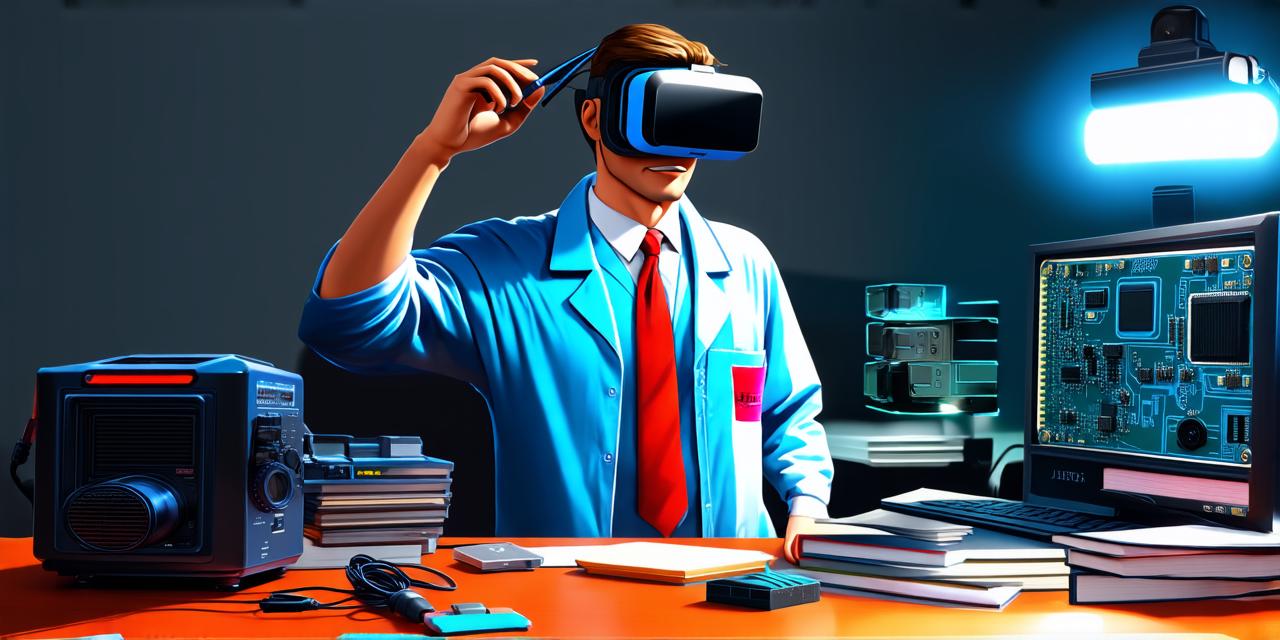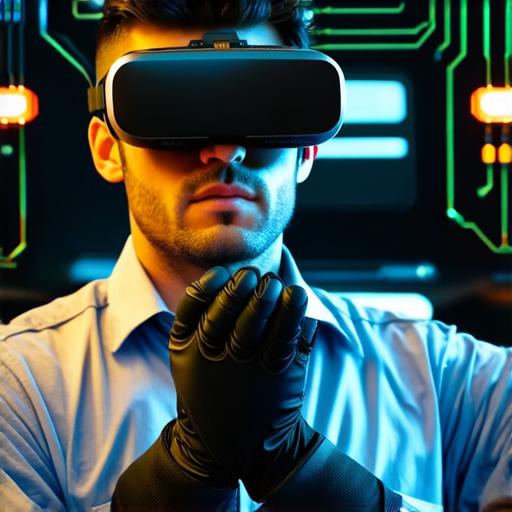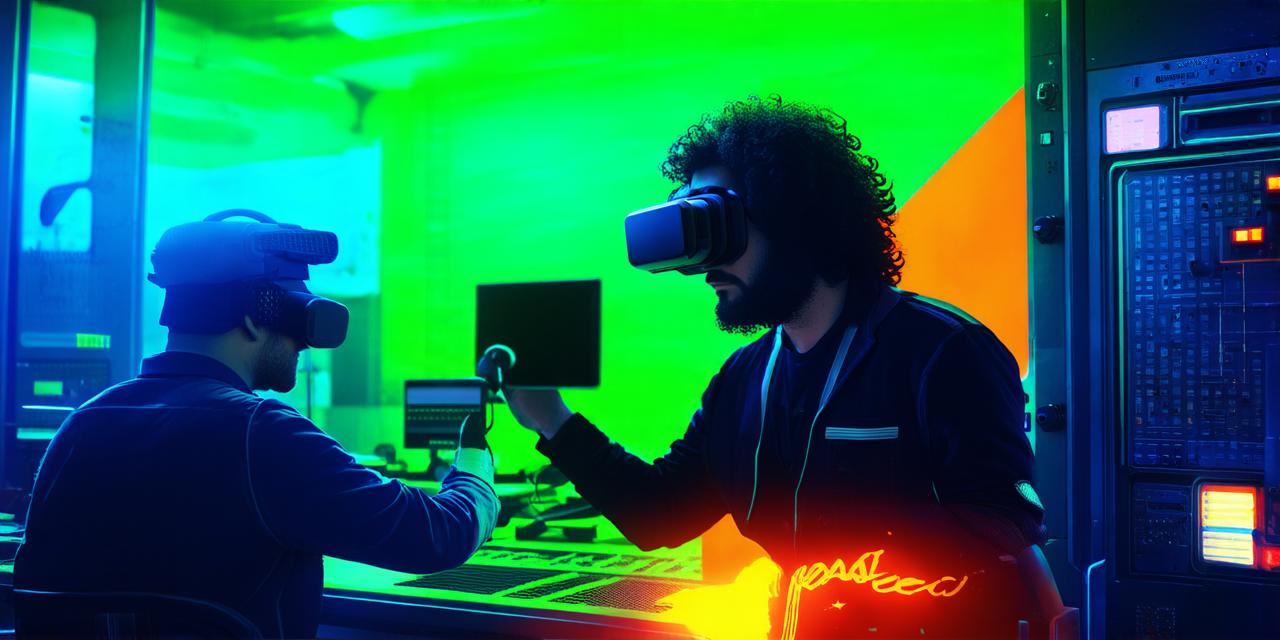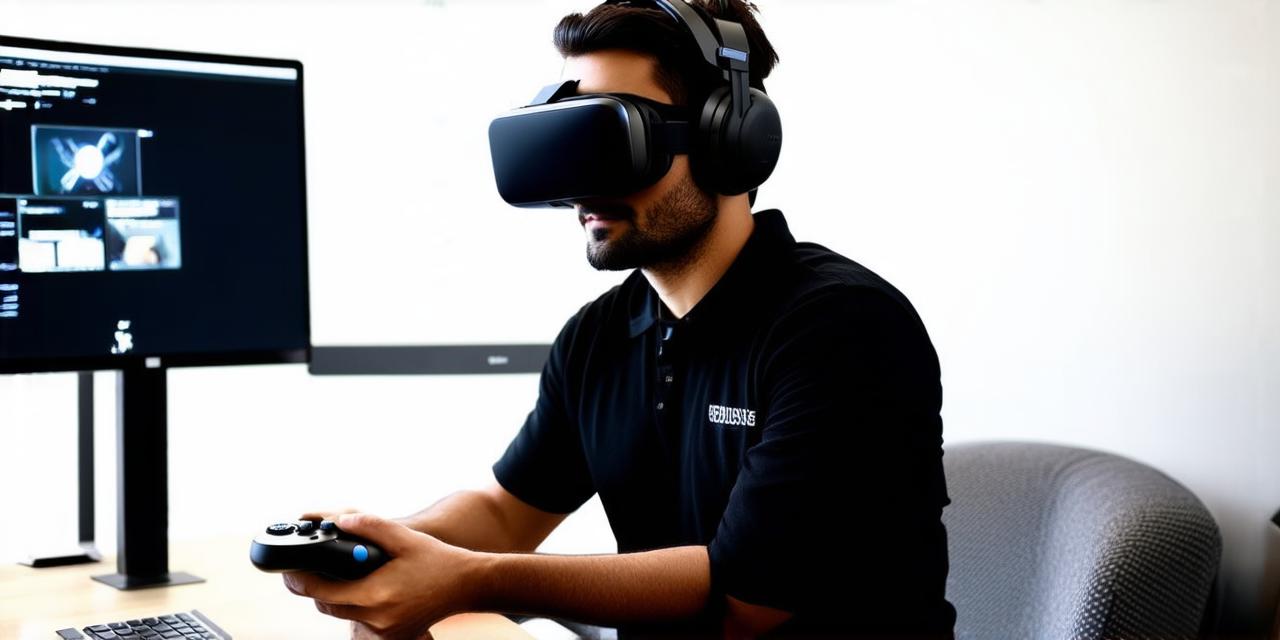
Who is the founding father of VR?
Virtual Reality (VR) is a rapidly growing technology that has captured the imagination of people around the world. From gaming to medicine, VR is changing the way we experience and interact with the world around us.

Table of Contents
ToggleThe Early Beginnings of VR
Virtual Reality can be traced back to the early 1960s when researchers began experimenting with computer-generated images and immersive environments. One of the earliest VR systems was the Sword of Damocles, developed in 1968 by Ivan Sutherland. This system used a projector to display a stereoscopic image that created the illusion of depth and movement.
In the 1970s and 1980s, researchers at universities such as Stanford, MIT, and the University of Illinois continued to develop VR technology. They created systems such as the VPL (Virtual Programming Language) and the PIVO (Personal Interactive Vision and Observer) system, which allowed users to interact with virtual environments using gloves equipped with sensors.
The Emergence of Modern VR
In the 1990s, advances in graphics technology and the development of more powerful computers paved the way for modern VR. One of the key figures in this period was Jaron Lanier, an American computer scientist who coined the term “Virtual Reality” in 1983. Lanier’s work on VR helped to popularize the technology and pave the way for its widespread adoption.
Another important figure in the development of modern VR is Oculus VR, which was founded in 2012 by Palmer Luckey. Oculus has since become a leading player in the VR industry, with products such as the Oculus Rift and Quest headsets helping to define the consumer market for VR.
The Future of VR
Virtual Reality is a rapidly evolving technology that continues to advance at a rapid pace. As the technology becomes more accessible and affordable, we can expect to see even more innovative uses for VR in the future. From healthcare and education to gaming and entertainment, the potential applications for VR are virtually limitless.
In conclusion, Virtual Reality has come a long way since its early beginnings, thanks in part to the efforts of pioneers such as Ivan Sutherland, Jaron Lanier, and Palmer Luckey. As the technology continues to evolve, we can expect to see even more exciting developments in the years to come.

